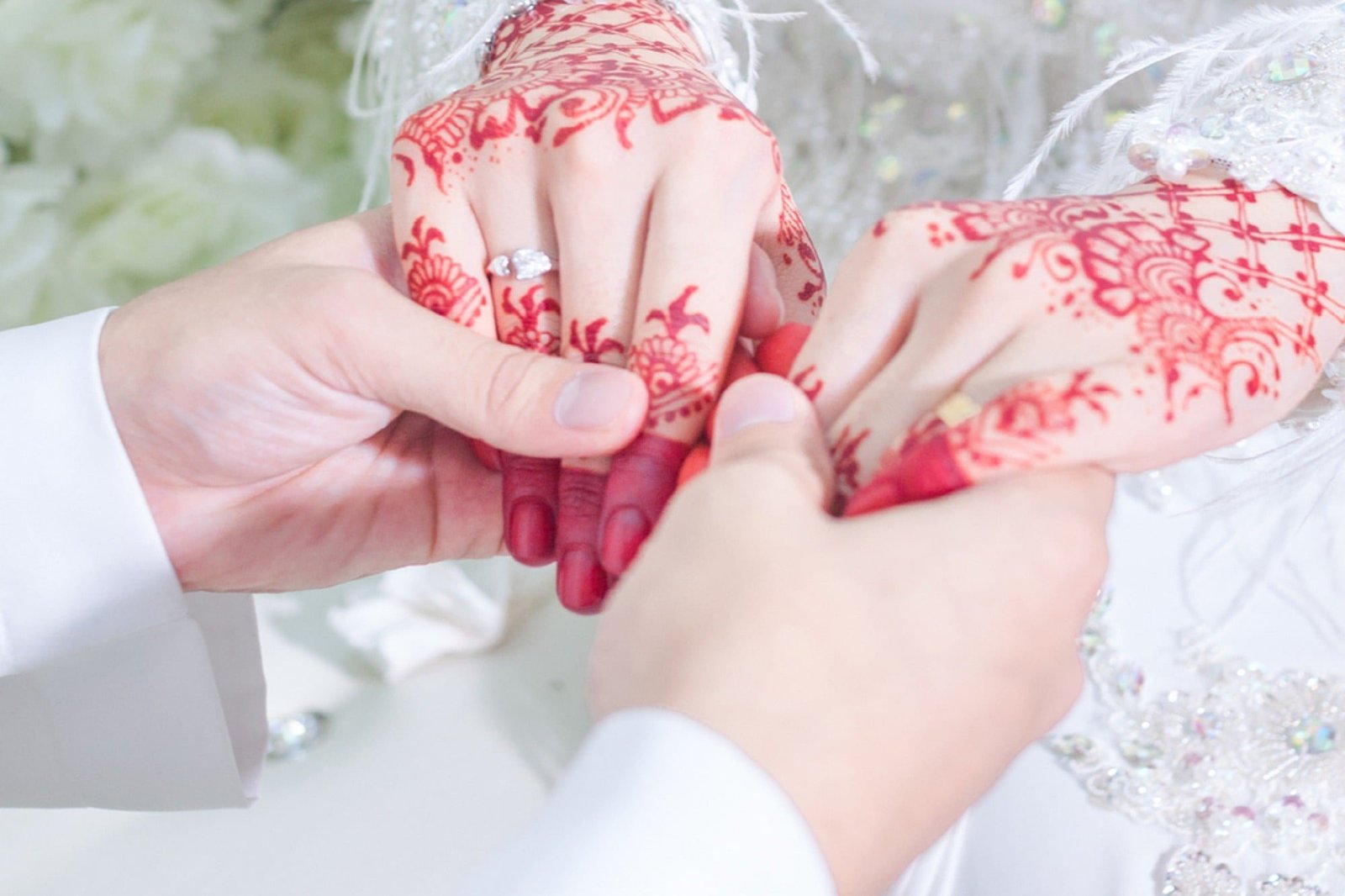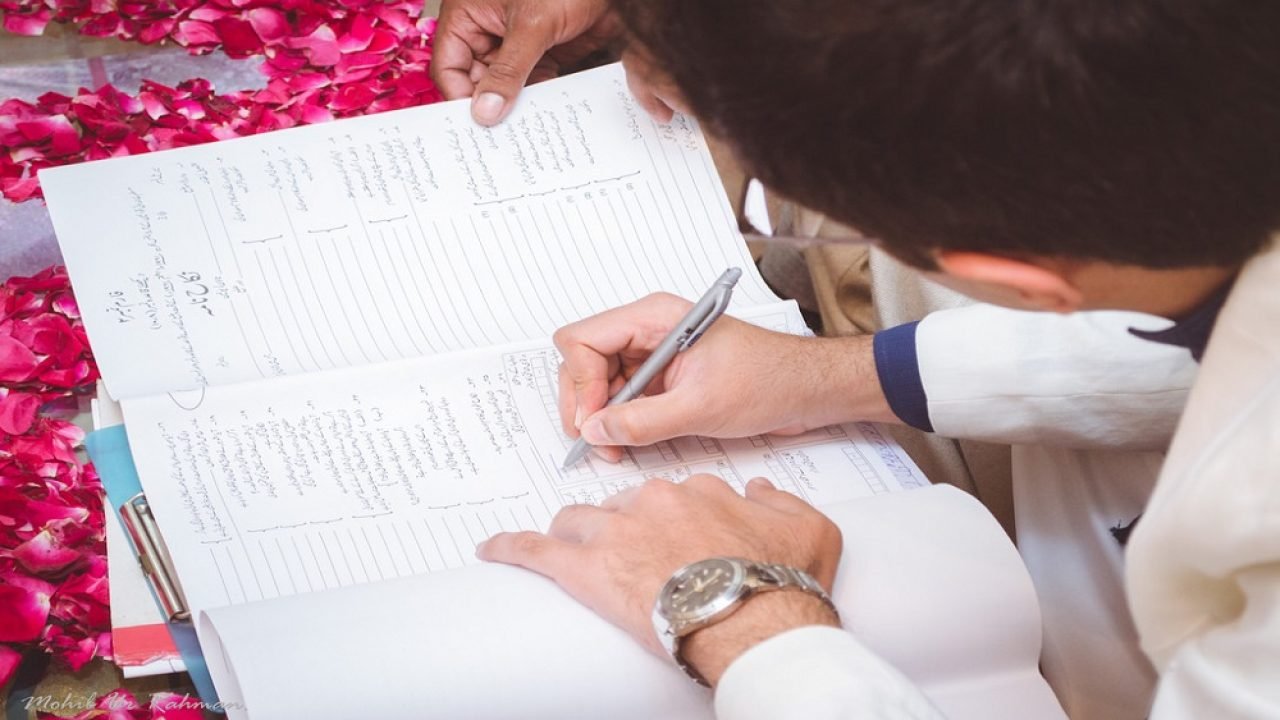
Marriage is a sacred institution in Islam, considered one of the most significant milestones in a Muslim’s life. It is a union that combines the spiritual, social, and legal dimensions, guided by the principles of faith and moral conduct. In this blog, we will delve into the essential aspects of marriage in Islam, exploring its purpose, rituals, and significance within the Muslim community.
Table of Contents
Purpose of Marriage in Islam
In Islam, marriage is not merely a social contract; it is a divine covenant ordained by Allah (SWT). Its primary purposes are manifold:
- Fulfillment of Religious Duty: Marriage is seen as a means of fulfilling a religious duty. It helps individuals uphold their faith by providing a lawful avenue for intimacy and companionship.
- Procreation: Islam encourages procreation within the confines of a lawful marriage. Children are considered a blessing and an essential element in sustaining the Ummah (Muslim community).
- Emotional and Psychological Support: Marriage offers emotional and psychological support to individuals. It provides a stable and loving environment in which partners can lean on each other in times of joy and hardship.
- Preservation of Morality: Marriage safeguards individuals from falling into sin. It promotes modesty and chastity by offering a permissible outlet for sexual desires.
- Companionship: The Quran describes spouses as “garments” for each other, signifying protection, adornment, and mutual support. Marriage provides companionship and a lifelong partner in the journey of life.
The Marriage Contract (Nikah)
The process of getting married in Islam involves several key elements:
- Consent: Both the bride and groom must give their free and willing consent to the marriage. Forced marriages are strictly prohibited.
- Witnesses: The marriage contract must be witnessed by at least two Muslim witnesses who are of sound mind and integrity.
- Dower (Mahr): The groom is required to give a gift or dowry (mahr) to the bride as a symbol of his commitment and responsibility. This financial provision belongs to the wife, and she has full control over it.
- Wali (Guardian): The bride typically has a wali, a male guardian (usually her father, brother, or close male relative), who ensures her interests are protected and that the marriage contract is fair.
- Recitation of Vows: The marriage ceremony, known as the nikah, involves the recitation of specific vows and declarations in the presence of witnesses and Islamic authority, such as an imam or qadi (Islamic judge).
- Legal Registration: While the religious ceremony is essential, many Muslim-majority countries also require legal registration of marriages for civil purposes.

Rights and Responsibilities in Marriage
Marriage in Islam comes with specific rights and responsibilities for both partners:
Husband’s Responsibilities:
- Financial Support: The husband is responsible for providing financial support to his wife and family.
- Protection: He is expected to protect his wife and family, both physically and emotionally.
- Leadership: The husband is considered the head of the household and is responsible for making decisions in consultation with his wife.
Wife’s Rights:
- Financial Security: The wife is entitled to financial security, and her husband must provide for her needs.
- Respect and Kindness: She deserves respect, kindness, and fair treatment from her husband.
- Freedom of Worship: The husband cannot prevent his wife from practicing her faith and worship.
Mutual Rights and Responsibilities:
- Mutual Respect: Both partners are obliged to treat each other with respect, love, and compassion.
- Emotional Support: They should offer emotional support and companionship to each other.
- Parenting: If they have children, they share the responsibility of raising them with love and care.
Divorce in Islam
While divorce is discouraged in Islam, it is permitted as a last resort when reconciliation is not possible. The process of divorce is regulated by Islamic law and typically involves the pronouncement of divorce (talaq) by the husband. However, divorce is considered a measure of last resort, and reconciliation and mediation are strongly encouraged before divorce is pursued.
Conclusion
Marriage in Islam is a sacred bond that embodies the principles of faith, love, and mutual respect. It serves as a means of fulfilling religious duties, nurturing families, and building a strong Muslim community. By adhering to the teachings and guidelines of Islam, married couples can strive for a harmonious and spiritually fulfilling partnership that contributes to their own well-being and the betterment of society.
FAQs
1) What is the significance of the dowry (mahr) in Islamic marriages?
The dowry, or mahr, is a gift that the groom gives to the bride as a symbol of his commitment and responsibility. It is a financial provision that belongs to the wife, and she has full control over it.
2) What is the process of the marriage contract (nikah) in Islam?
The marriage contract involves the recitation of vows and declarations in the presence of witnesses and an Islamic authority. Both parties agree to the terms and conditions of the marriage, and the contract is signed and witnessed.
3) Can a Muslim woman initiate a divorce (khula)?
Yes, a Muslim woman can initiate a divorce through a process called khula. However, she may need to provide a valid reason, and her husband’s consent may be required in some cases.
4) What is the concept of polygamy in Islam?
Islam permits polygamy but does not encourage it. A Muslim man may marry up to four wives, but only if he can treat each wife with absolute fairness and provide for them equally. It is subject to certain conditions and restrictions.
5) How are marital disputes resolved in Islam?
Marital disputes should be resolved through open communication, mutual understanding, and seeking advice from elders or qualified religious authorities. Mediation and counseling are encouraged to reconcile differences.
6) Is there a waiting period (iddah) after divorce or the death of a spouse?
Yes, there is an obligatory waiting period (iddah) after divorce or the death of a spouse. It serves various purposes, including ensuring the absence of pregnancy and allowing time for emotional adjustment
Read Also
12 Scientific Facts in the Holy Quran
Why Should We Learn the Quran Online?
Virtues and Significance of Friday in Islam
Rabi al Awwal – All You Need to Know
Importance of Online Quran Learning
Benefits of Reciting the Quran

